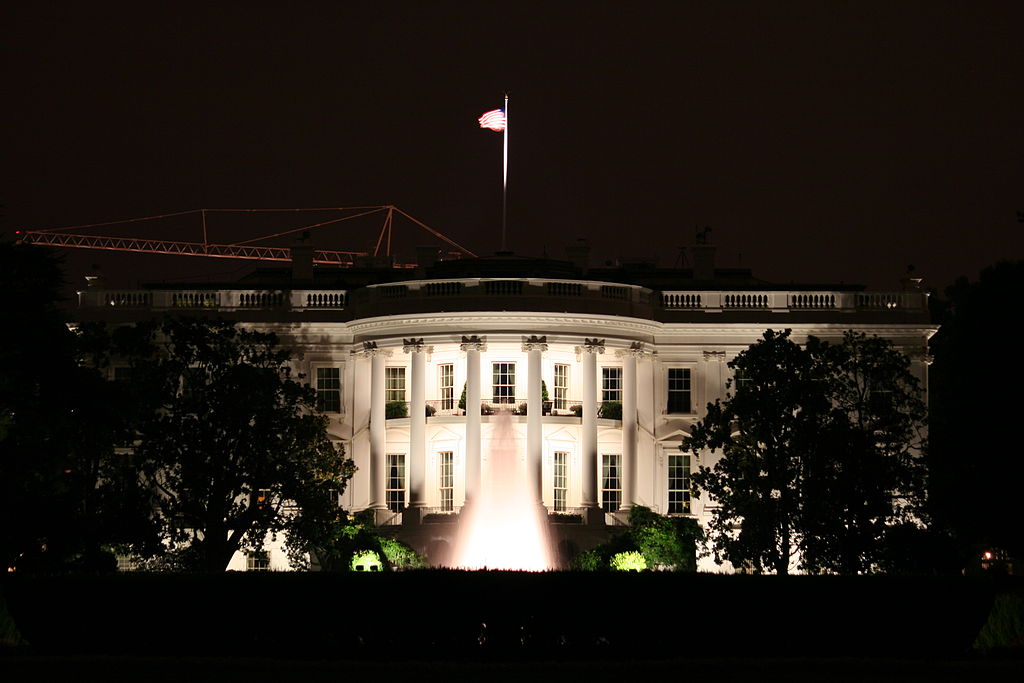Autonomous Weapons Systems: Recent Events and a Response
In recent weeks, a coalition of NGOs launched a global campaign to ban "killer robots," or fully autonomous weapon systems (see reporting here). Its statement calls "for urgent action to preemptively ban lethal robot weapons that would be able to select and attack targets without any human intervention." We critique that campaign and its empirical and moral assumptions in a
}
Published by The Lawfare Institute
in Cooperation With

In recent weeks, a coalition of NGOs launched a global campaign to ban "killer robots," or fully autonomous weapon systems (see reporting here). Its statement calls "for urgent action to preemptively ban lethal robot weapons that would be able to select and attack targets without any human intervention." We critique that campaign and its empirical and moral assumptions in a recent paper: Law and Ethics for Autonomous Weapon Systems: Why a Ban Won't Work and How the Laws of War Can.
As we note in that paper, "Some concerned critics portray that future, often invoking science-fiction imagery, as a plain choice between a world in which those systems are banned outright and a world of legal void and ethical collapse on the battlefield." For us, the question is not whether autonomous weapons should be regulated -- we agree entirely that they should -- but how. We propose a combination of national-level regulation and development of shared best interpretations and practices through international dialogue.
Enter now to that debate a report last week by UN Special Rapporteur on Extrajudicial, Summary or Arbitrary Executions, Christof Heyns. Its summary states:
Lethal autonomous robotics (LARs) are weapon systems that, once activated, can select and engage targets without further human intervention. They raise far-reaching concerns about the protection of life during war and peace. This includes the question of the extent to which they can be programmed to comply with the requirements of international humanitarian law and the standards protecting life under international human rights law. Beyond this, their deployment may be unacceptable because no adequate system of legal accountability can be devised, and because robots should not have the power of life and death over human beings. The Special Rapporteur recommends that States establish national moratoria on aspects of LARs, and calls for the establishment of a high level panel on LARs to articulate a policy for the international community on the issue.
This report shares many assumptions with the Ban Killer Robots campaign, but it does a better job than most ban advocates in presenting the other side of each and recognizing spaces of uncertainty.
We disagree strongly, though, with the proposal that the UN -- and in particular the UN High Commissioner for Human Rights -- play a lead role in developing a legal and ethical framework to regulate these systems globally. As we argue in our paper (and as US Naval War College professors Michael Schmitt and Jeffrey Thurnher have shown in doctrinal detail) existing law of armed conflict already provides a robust set of baseline requirements and standards. Those requirements and standards are much more likely to have normative force in discussions among states already leading the way in developing such technologies, counter-intuitive as that might seem to those who think that UN human rights mechanisms confer the greatest legitimacy.
Moreover, the proposal by the UN Special Rapporteur for a moratorium on such systems suffers from many of its difficulties as a permanent ban. A moratorium will have difficulty specifying when a weapon system is "autonomous" rather than merely highly automated, not as a matter of formal definition but in practical terms of machine-human interaction. It is also likely to attract states that have the least investment in such systems (and unlikely to attract those that have the most) and to suffer from defection by actors about whose conduct we should be especially worried.
Kenneth Anderson is a professor at Washington College of Law, American University; a visiting fellow of the Hoover Institution; and a non-resident senior fellow of the Brookings Institution. He writes on international law, the laws of war, weapons and technology, and national security; his most recent book, with Benjamin Wittes, is "Speaking the Law: The Obama Administration's Addresses on National Security Law."
Matthew Waxman is a law professor at Columbia Law School, where he chairs the National Security Law Program. He also previously co-chaired the Cybersecurity Center at Columbia University's Data Science Institute, and he is Adjunct Senior Fellow for Law and Foreign Policy at the Council on Foreign Relations. He previously served in senior policy positions at the State Department, Defense Department, and National Security Council. After graduating from Yale Law School, he clerked for Judge Joel M. Flaum of the U.S. Court of Appeals and Supreme Court Justice David H. Souter.
More Articles
-

Lawfare Daily: The Duty to Disobey Unlawful Orders
What is the duty to disobey unlawful orders? -

The Situation: Why Did the White House Write This National Security Strategy?
A very strange document. -

Rational Security: The “Living La Vida Off Camera” Edition
Scott Anderson, Benjamin Wittes, Natalie Orpett and Eric Ciaramella talked through the week’s big national security news.






